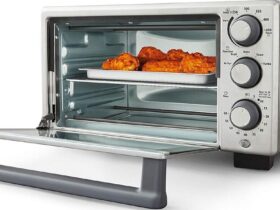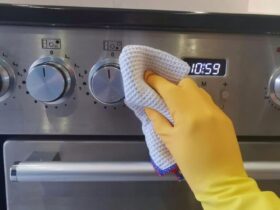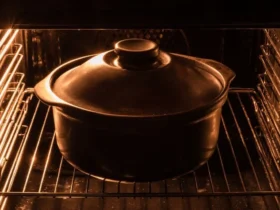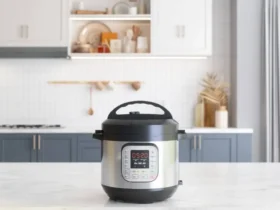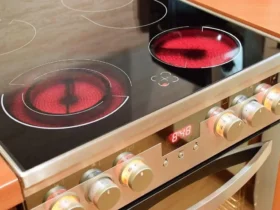A cooker is an essential appliance in every kitchen. You need to rely on cookers, from comfy overnight slow-cooked stew to cooking beans quickly.
But which type of cooker is best? Is a pressure cooker better than a slow cooker? Apparently, both look the same, but the working principle is totally different from each other.
Being a professional chef, I’ve used both for a long time. The one thing I can assure you is that both are not interchangeable.
So, if you’re confused about which cooker type suits you the most, read on for your detailed information. I have compared both in energy consumption, taste, and nutrition factor.
Slow vs Pressure Cooker – What’s The BIG Difference?
If you search the difference between both cooker types, you’ll probably end with the answer, “slow cooker cooks food slowly while an electric pressure cooker cooks fast” Isn’t that obvious?
There are several factors that determine the “best type.” So, here’s your detailed comparison.
| Factor | Pressure Cooker | Slow Cooker |
| Energy Consumption | More Efficient | Consume More Energy |
| Nutrition | Ensure High Nutrition | Not Enough Healthy |
| Taste | Rich Flavours | Trap Moisture |
| Suitable For Every Food | Almost For Everything | Limited Use |
| Bone Broth Test | Above Average | Best For Overnight Stew |
| Pot Roast Test | Tender Meat | Mushy Texture |
- Overall, an instant pot or pressure cooker is better in most scenarios. You can cook tough meat within 20 minutes.
- Even the most energy-efficient slow pots consume more energy than instant pots.
- Both types ensure trap nutritional values, but the electric pressure cooker is clearly a winner, as it provides less time for essential vitamins to disintegrate or dissolve.
- Professional chefs recommend using a slow cooker only for bone broth, as most of the nutrients are inside the hard bone.
- It is best to use an instant cooker for pot roasts, as it keeps the meat tender and juicy.
- In a nutshell, you also don’t have to worry about Electric Cooker Installation, as everything is already pre-assembled.
Won’t Pressure Cooking Destroy Minerals In Food?
No, it’s just a myth. Food minerals are carbohydrates, vitamins, protein, fiber, and fats. All these minerals can withstand 110°C (230°F) to 125°C(257°F). According to research by The Journal of Food Science, pressure cooking preserves 90% to 95% of vitamins.
Pressure Cooking Method
Generally speaking, pressure cooking is definitely fast. You don’t have to wait long hours before you can enjoy your food. But that’s not all.
There are several other things that distinguish it from the slow pot. Even though it also has a fair share of flaws, these are minimal.
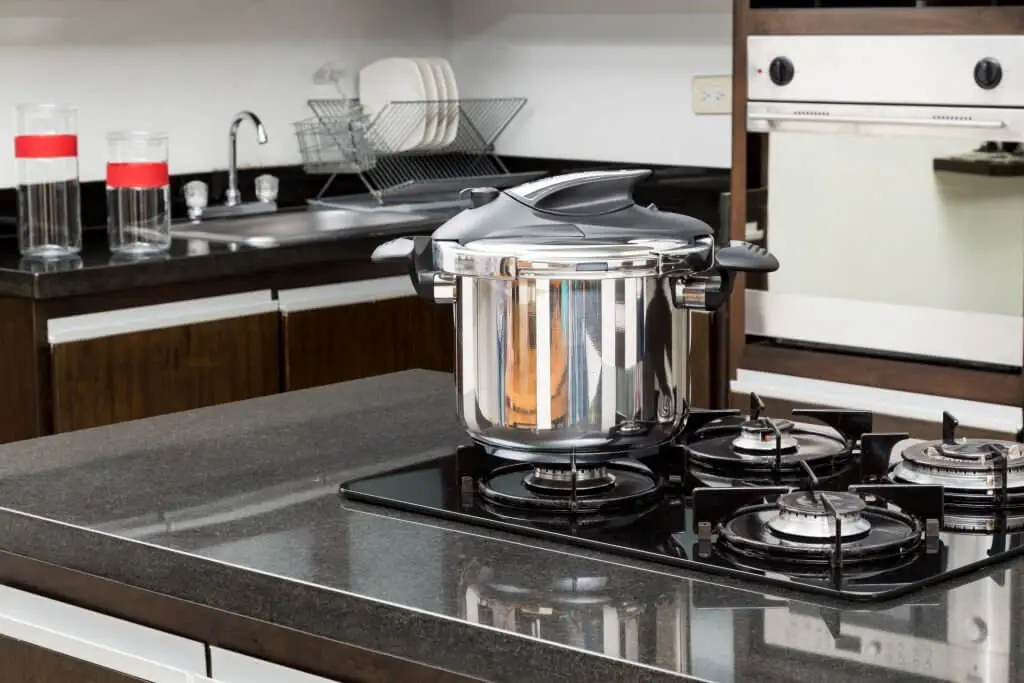
Advantages Of Pressure Cooker
- It traps 95% of food’s natural nutrients.
- Keep your kitchen cooler and less dirty.
- You can keep your dish in it overnight.
- It saves energy by cooking food quickly.
- The straightforward design makes it easy to use.
Disadvantages Of Pressure Cooker
- Expensive compared to other cooktops.
- It can burn your food in a minimal time.
- You can’t add any additional flavors while cooking.
Slow Cooking Method
Let me be honest, three to four decades ago, people loved to enjoy overnight cooked stew. It was considered more healthy and rich in vitamins.
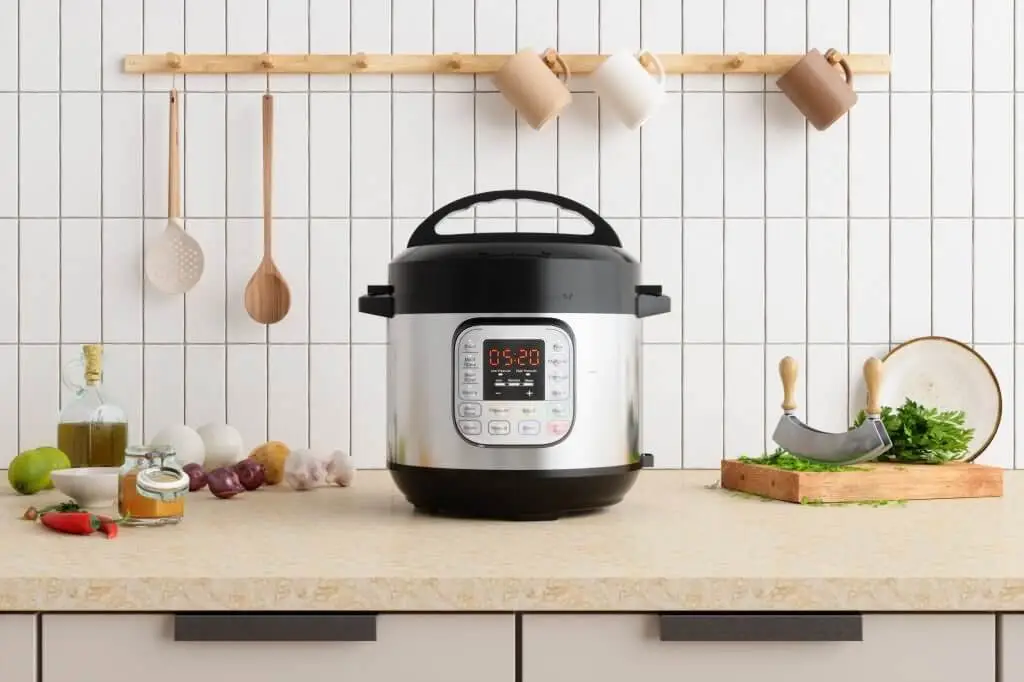
Unfortunately, it’s proven to be wrong. No doubt, slow pots cook delicious meals, but around 80% of nutrition is usually lost due to long and slow cooking.
Advantages Of Slow Cooker
- It is inexpensive to buy.
- Help to tenderize tough meat.
- The heat is always under control.
- No chance of burnt food.
- Quick and easy to clean.
Disadvantages Of Slow Cooker
- Expensive to run as it consumes more energy.
- Not suitable for all recipes.
- Disintegrate most food vitamins.
- Create more heat in your kitchen.
Slow Cooker vs Pressure Cooker – What About Maximum Temperature?
The pressure cooker built an insane pressure of up to 30psi. At 15psi, the temperature reaches up to 120°C(248°F).
Almost all instant cookers can achieve 15psi. The maximum withstanding temperature is 240°C(464°F).
On the contrary, slow cookers cook your food for several hours at 76°C(170°F). After five to six hours, it reaches up to 137°C(280°F).
If you open the lid at any time, the temperature decreases drastically.
Pressure Cooker vs Slow Cooker – Which Last Longer?
A pressure can last up to three to four years, while a slow cooker is suitable for five to seven years.
It generally depends on how rugged you use them, built quality, average use, and surrounding conditions.
Compared to traditional electric ceramic cookers, a pressure cooker last 2 years more.
Pressure Cooker vs Slow Cooker FAQs
Can bacteria survive in a slow cooker?
No, bacteria can’t survive in slow cookers. As the temperature reaches up to 76°C(170°F) for many hours, there are no bacteria due to intense heat.
Can you get food poisoning from a slow cooker?
There is a possibility of getting food poisoning by eating undercooked beef, pork or lentils. To prevent any food poisoning, cook food properly in slow poy.
Can I leave food in a slow cooker overnight?
Yes, you can leave your food overnight, but it is not recommended. Usually, it’s best to use a slow cooker for a maximum of six to seven hours for most recipes.
Is pressure-cooking meat healthy?
Yes, every type of meat cooked in a pressure cooking pot is perfectly fine. But, being a professional chef, I strongly recommend not cooking fish in a pressure cooker or pot.
Do pressure cookers use a lot of electricity?
No, compared to slow pots, ovens, and regular electric cooktops, pressure cookers use less energy. An 8-quart instant pot uses around 1100 to 1200 watts. Usually, it varies depending on the model and size.
Is stock better in a pressure cooker?
Yes, pressure cooking ensures a rich and flavourful stock. It traps all the essential vitamins, and the end result is just delicious.
Last Thoughts!
Pressure cookers are better in every way compared to slow pots. The only problem is they can burn your food in absolutely no time. So, keeping an on your appliance while using it is necessary.
Instant pots are also budget-friendly, as they utilize less electricity compared to every other type of hobs.
Slow cookers kill bacteria but also break down essential vitamins and minerals. No doubt, both types ensure pure delicacy, but pressure cooking is more healthy and eco-friendly.

